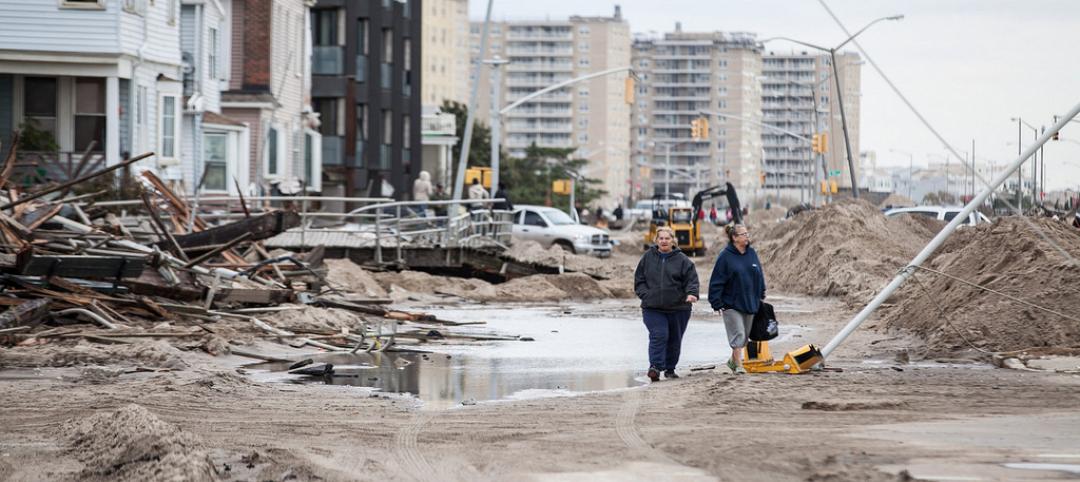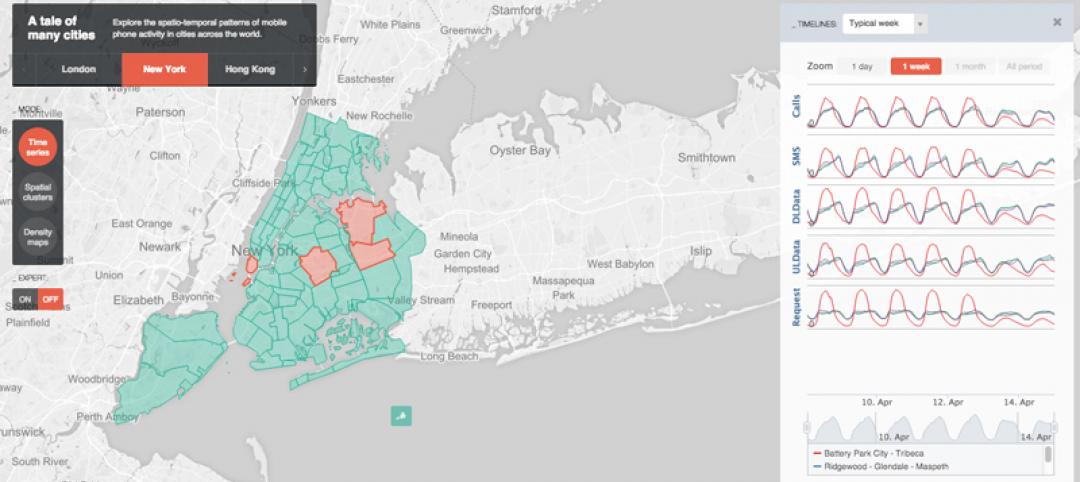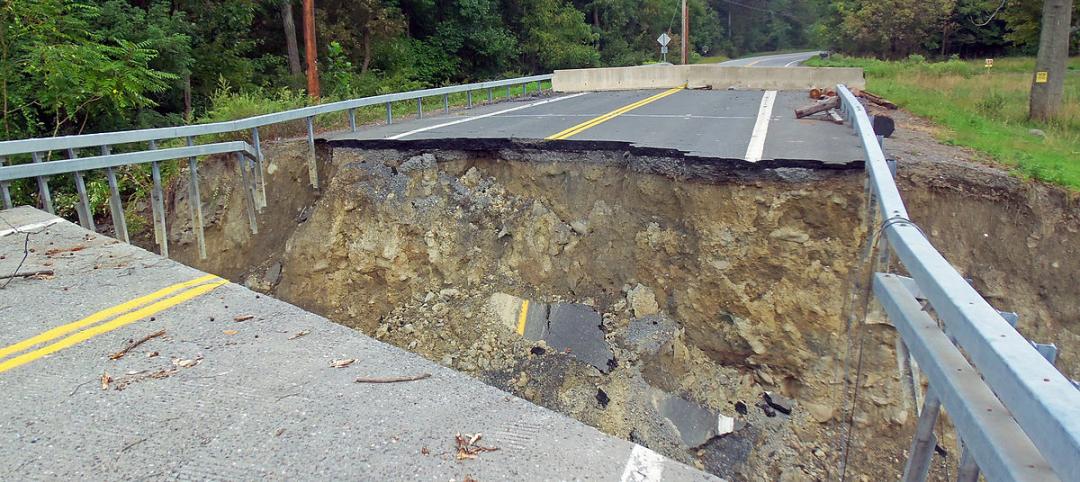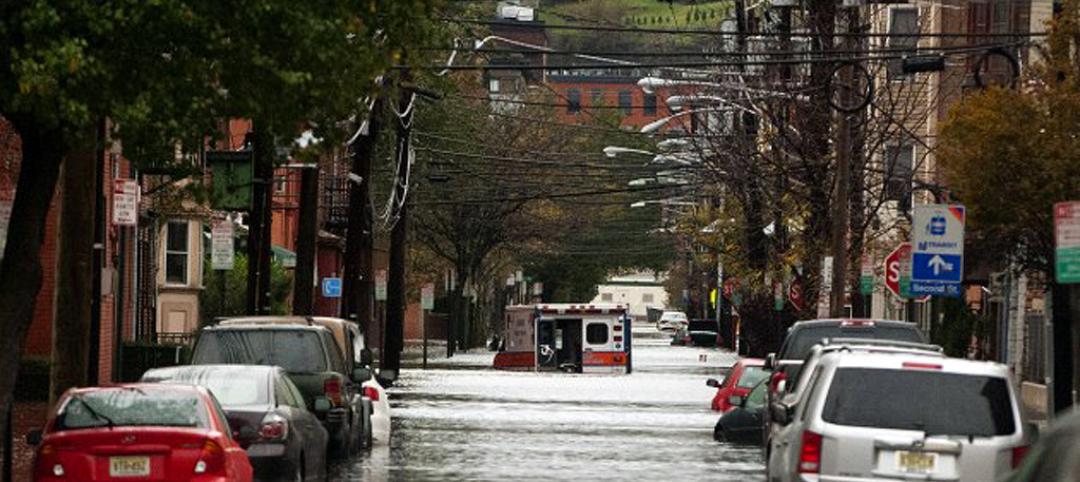New York City Mayor Bill de Blasio recently announced that $100 million would be spent to protect infrastructure in lower Manhattan from floods as a result of storms.
The measure is part of the city’s $20 billion resiliency plan that includes collaboration with the U.S. Army Corps of Engineers and other partners. This effort is already underway in other parts of the city that were heavily damaged as a result of Hurricane Sandy.
The funds are meant to address resiliency challenges such as coastal protection, storm water management, and housing resiliency. The newly announced funding is in addition to $15 million for Lower Manhattan resiliency that the city pledged in March 2015.
The investment will go towards the implementation of the integrated flood protection system around the southern tip of Lower Manhattan. “This new investment will continue to ensure that New York City is a global leader in protecting itself against the impacts of climate change, while strengthening our push to secure additional support from the U.S. Department of Housing and Urban Development,” de Blasio said.
Related Stories
Smart Buildings | Nov 11, 2015
No eyes on the road: The impact of driverless vehicles
The idea that space can be repurposed by breaking dependence on the purchase, maintenance, and storage of a big machine is a great boon for the sustainable future of cities, writes SmithGroupJJR's David Varner.
Smart Buildings | Nov 9, 2015
White paper promotes incentives for improved disaster resilience
The white paper makes the case that the most cost-effective manner to achieve resilience is through a holistic and integrated set of public, private, and hybrid programs.
Smart Buildings | Nov 5, 2015
JLL names 10 emerging world cities
Mexico City, Shanghai, Istanbul, and seven other world-class cities have experienced rapid economic growth and real estate development.
Cultural Facilities | Oct 28, 2015
New York City’s underground 'Lowline' green space enters the testing phase
If realized, The Lowline would provide 1.5 acres of green space for the Lower East Side of Manhattan.
Seismic Design | Oct 22, 2015
Taipei 101 tower named 'world's toughest' building by Popular Mechanics
Popular Mechanics named the 10 structures that best withstand floods, winds, storms, and earthquakes.
BIM and Information Technology | Oct 19, 2015
New web tool from MIT organizes human movement in interactive graphs
Users can explore the mobile phone activities in London, New York, Los Angeles, and Hong Kong.
Smart Buildings | Oct 8, 2015
Brookings announces the Bass Initiative on Innovation and Placemaking
The think tank's goal is to stress public spaces, urban economies, and inclusive growth in city building.
Smart Buildings | Sep 28, 2015
Architects Foundation issues first annual report on National Resilience Initiative
The report, which includes the work of three schools, examines how architects work with communities through the National Resilience Design Network.
Smart Buildings | Aug 26, 2015
Under, over, through: Reinventing spaces under elevated infrastructure
Activating the areas beneath elevated highways, rail lines, and freeways can create unique environments, writes SmithGroupJJR's Valerie Berstene.
Smart Buildings | Aug 21, 2015
Federal Alliance for Safe Homes offers plan to strengthen codes for disaster resilience
Some states losing ground on resilience, group says
















